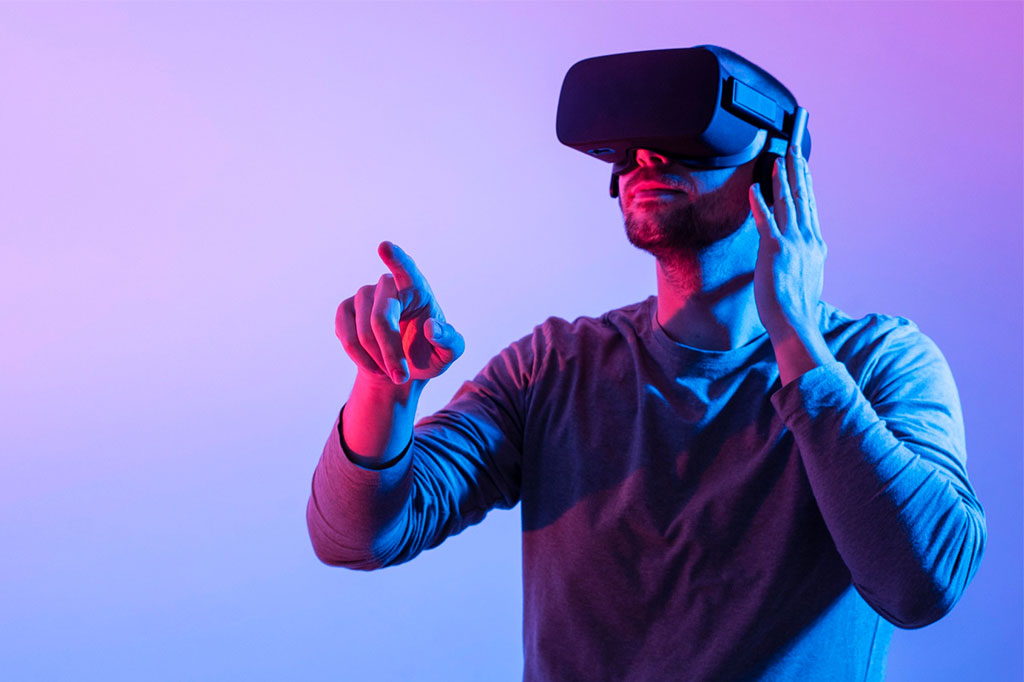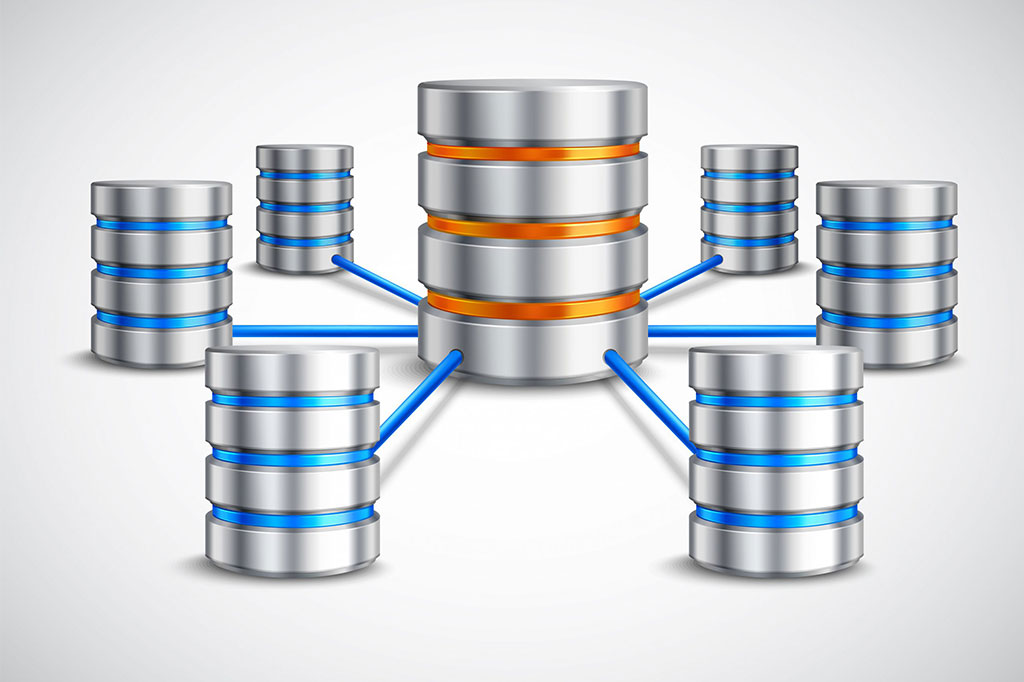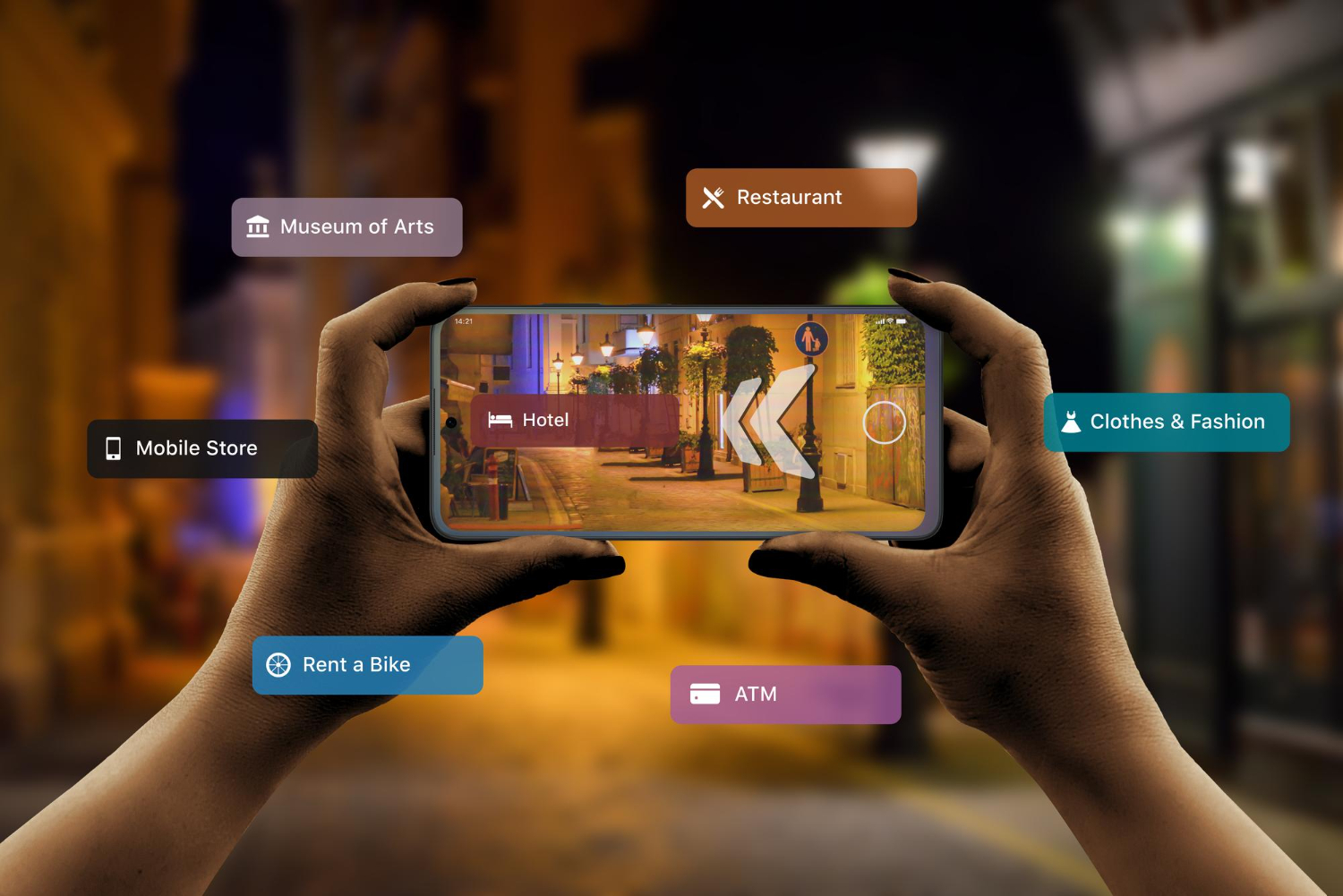
In the past decade, we have witnessed technological advancements that have revolutionized our way of interacting with the digital world. Virtual Reality (VR) has been one of the most prominent technologies, allowing us to immerse ourselves in immersive virtual environments and offering unprecedented sensory experiences. However, there is a new trend gaining momentum and promising to take our relationship with the digital world to a whole new level: the Metaverse. In this article, we’ll explore the differences between Virtual Reality and the Metaverse, and how the latter has the potential to transform the way we experience the digital world.
Virtual Reality: Immersing Yourself in a Virtual World
Virtual Reality is a technology that uses devices such as headsets and gloves equipped with sensors to create a highly immersive virtual simulation. By wearing a VR headset, users can be transported to a computer-generated digital world where they can interact with virtual objects and environments. VR offers a complete sensory experience, tricking our senses and creating the illusion of being physically present in a place that doesn’t exist in the real world.
VR has been used in a variety of fields, from gaming and entertainment to medical applications and professional training. However, its scope is limited to individual experiences or shared experiences with a limited number of users in a specific virtual environment.
The Metaverse: An Interconnected Digital Universe
The concept of the Metaverse refers to a shared and constantly evolving digital space, composed of virtual worlds, augmented environments, and interactive 3D objects. Unlike Virtual Reality, which offers an individual or limited group experience, the Metaverse is a digital universe where millions of people can interact simultaneously, regardless of their physical location.
The Metaverse is a vision of an interconnected digital world where users can explore, socialize, create, and trade in virtual environments. This open digital environment has the potential to transcend physical barriers and enable unprecedented collaboration and interaction among people from around the world. Moreover, the Metaverse is becoming a space where emerging technologies like artificial intelligence, augmented reality, and blockchain can be applied, further expanding its possibilities.
Transforming the Way We Experience the Digital World:
The Metaverse has the potential to radically transform the way we experience the digital world. Some of the ways this can happen include:
- Enhanced Interaction and Socialization: In the Metaverse, people can connect and socialize with others in a more immersive and meaningful way They can attend virtual events, explore exotic locations, and engage in real-time collaborative activities, all without leaving their homes.
- Virtual Economy and Commerce: The Metaverse offers opportunities to create and trade virtual goods and services. Businesses and individuals can establish their own digital ventures, sell virtual products, or even offer services like virtual interior design, fashion, or entertainment.
- Education and Training: The Metaverse has the potential to revolutionize education and learning by providing highly interactive virtual environments. Students can explore concepts in 3D, participate in realistic simulations, and collaborate with peers from around the world.
- Collaboration and Remote Work: The Metaverse enables real-time collaboration in shared virtual environments, providing new opportunities for remote work and global collaboration. Virtual meetings and joint projects can become more immersive and efficient.
As the Metaverse continues to evolve, its impact on the way we experience the digital world will be significant. While Virtual Reality has paved the way for immersive experiences, the Metaverse takes this idea a step further by providing an interconnected and expanding digital universe. From improved interaction and socialization to virtual commerce and education, the possibilities of the Metaverse are vast and promising. As more people immerse themselves in this new digital world, we will witness a radical transformation in how we live, work, and experience the digital reality.





